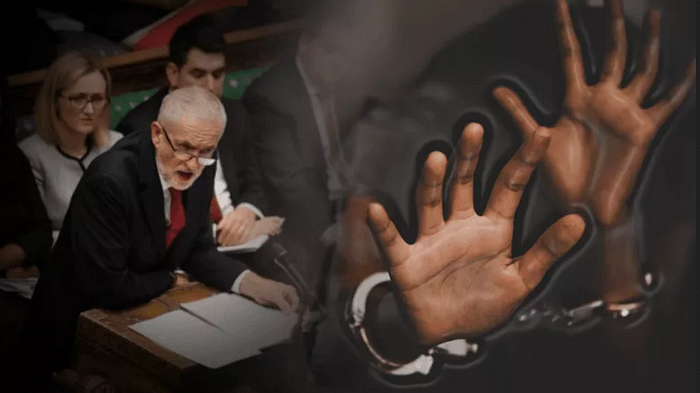UK’s Quandary Over Sparing or Blaming Bahrain

One of the major human rights abusers amongst the Middle Eastern countries, Bahrain has been safe from any major actions of the foreign nations. However, it recently fell into radar of the British MPs. A number of UK parliament members are calling for the government to impose “Magnitsky” sanctions on Bahrain officials, who have been alleged of torturing and mistreating political prisoners.
A debate in the House of Commons on January 13 saw a cross-party criticism against the Bahrain government and its human rights records. Brendan O’Hara of the Scottish National Party (SNP) highlighted the case of Abduljalil al-Singace, a political prisoner arrested in 2010 for his only crime of “freely expressing opinions contrary to those of the government”. He has been “subjected to physical and mental torture, as well as sexual abuse, at the hands of the Bahraini authorities”.
Bahrain authorities have held over 1,400 political prisoners in the Jau prison, where the conditions have been described as torturous and lacking medical treatment. Al-Singace is one these prisoners at the Jau prison.
Apart from him, the debate also included the cases of Ali al-Hajee, serving a 10-year sentence for organising pro-democracy protests, and of Hassan Mushaima, a 74-year-old former opposition leader serving a life sentence in the aftermath of the 2011 pro-democracy protests.
The Bahraini interior minister Rashid al-Khalifa was also denounced, where O’Hara described him as “a man who was responsible for the bloodiest days of the crackdown in 2011”. The MP questioned the British government over their refusal to act against him.
Additionally, there were calls for the UK to suspend the Gulf Strategy Fund, which has been benefiting Bahrain. Alistair Carmichael of the Liberal Democrat said “engagement is worthwhile only if we can see progress and a benefit from it, especially in the maintenance in human rights”. He added that the money spent on Bahrain “must show a rather better return than we have seen so far”.
However, the UK government showed no signs of changing its approach to Bahrain. On its behalf, Middle East and North Africa minister James Cleverly said, “We are better able to influence change through engagement, dialogue and co-operation.” He insisted that the close relations with Bahrain allows Britain to “positively influence developments on human rights”.
MP O’Hara underscored that no actions against repressive regimes like Bahrain and Saudi Arabia “undermine our good work on China and other regimes”.
While the UK has taken some of the significant steps against the officials of China and other countries with similar poor human rights records, its silence in Bahrain’s case leaves a number of questions unanswered. What is making the British government softer towards one nation’s brutality and an example of justice in case of the other?
